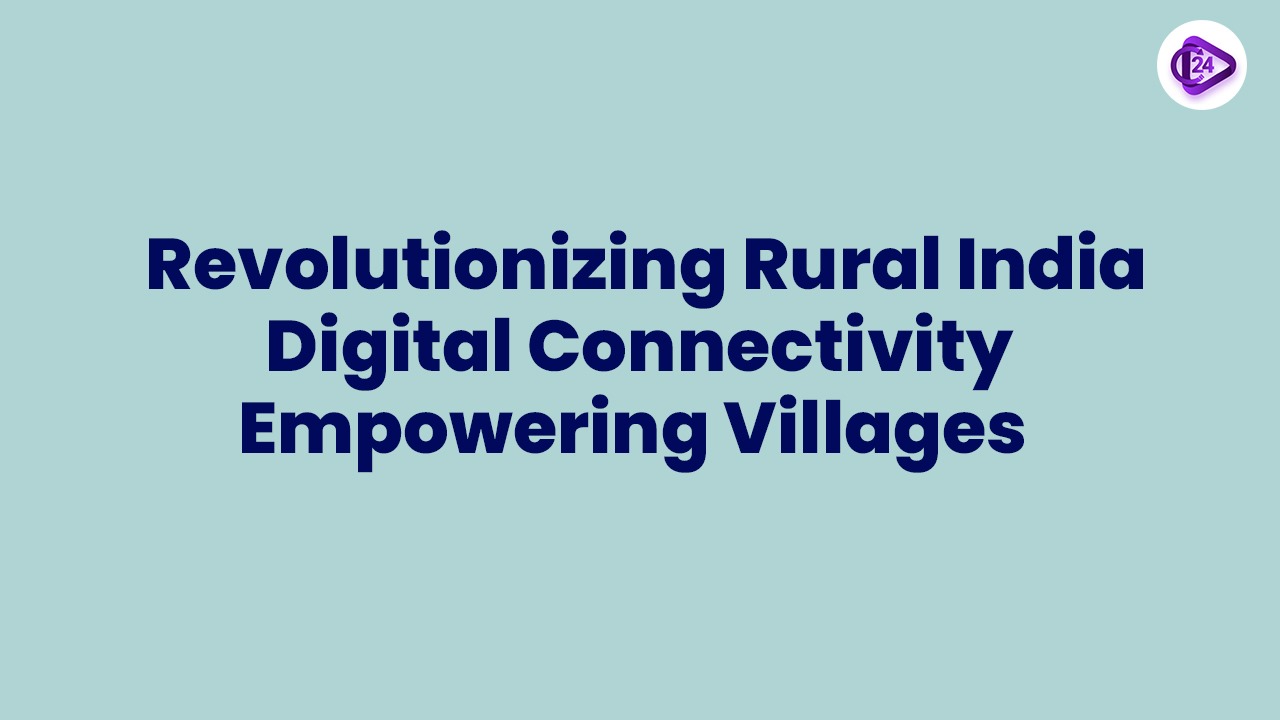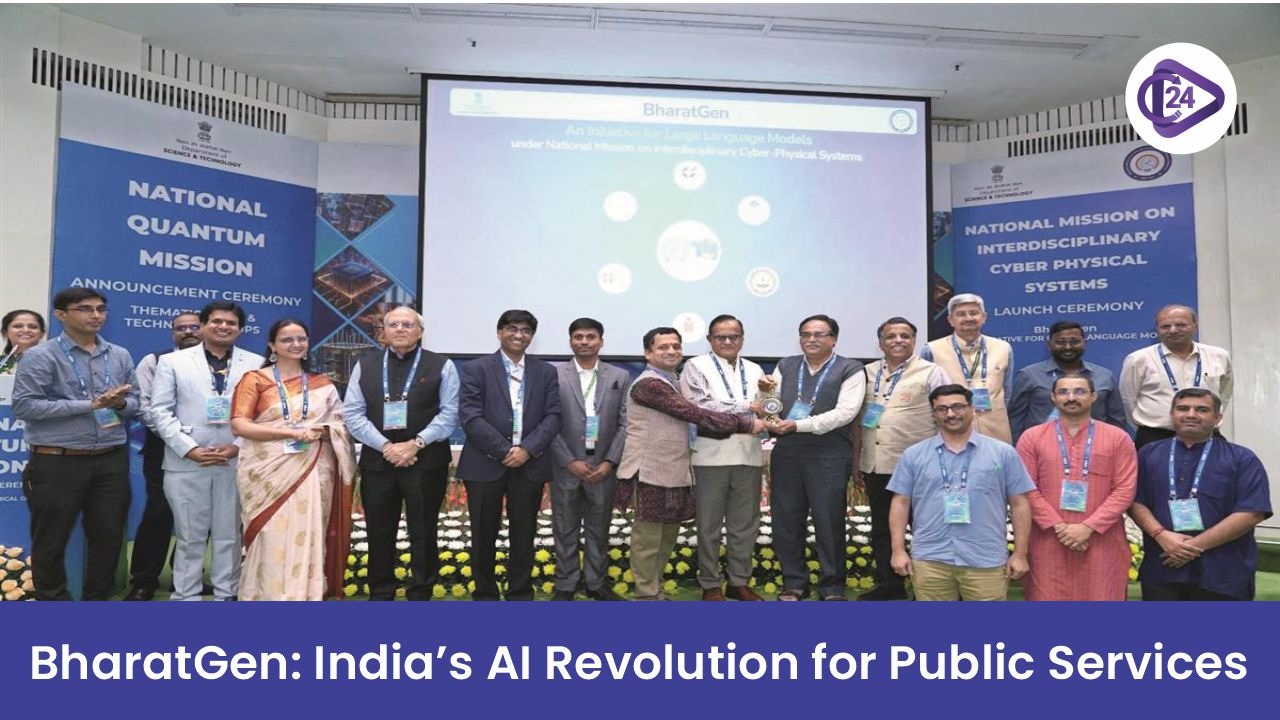
Cancer remains a devastating world health problem that has continued to cause the death of millions of people across the world. Treatment modalities that are currently available like chemotherapy, radiation, or surgeries are typically restricted by serious side effects. In a groundbreaking development, researchers from the Indian Institute of Technology (IIT) Guwahati and Bose Institute Kolkata have introduced an innovative solution, an injectable hydrogel designed to deliver anti-cancer drugs topically and accurately at the disease site.
A Collaborative Breakthrough
-
This new hydrogel was recently described in a futuristic study appearing in Materials Horizons, the internationally recognized journal of the Royal Society of Chemistry.
-
This work was carried out by Prof. Debapratim Das, Dr. Kuldip Jana and Tanushree Das from IIT Guwahati and Ritvika Kushwaha from IIT Guwahati, Satyajit Halder and Anup Kumar Misra from Bose Institute Kolkata.
-
The injectable hydrogel is designed to co-deliver chemotherapy drugs from within the tumor mass thus reducing peripheral toxicity typical of systemic therapies.
-
It has the potential to alter the therapy modality of cancer posing some of the biggest questions to current forms of therapy.
Problems With Conventional Treatments
Cancer therapies like chemotherapy and surgery are often hampered by their limitations:
-
Surgical Interventions: These are not always possible for internal organ tumors or metastasized cancer thus are other therapeutic modalities required.
-
Chemotherapy: Although useful it is a systemic treatment that affects both malignant and healthy cells causing severe detrimental effects such as nausea, fatigue, and toxicity toward the host’s organs.
To overcome these problems researchers are now more inclined towards nanotechnology and biomaterial for better drug delivery systems. The hydrogel designed by the Indian team is an exemplar of efforts made in this direction.
what makes the hydrogel unique?
Hydrogels are water-swollen, cross-linked polymeric structures that possess fluids incorporating capability and resemblance to the tissues of living beings. This makes them particularly suitable for biomedical applications. The injectable hydrogel developed by the team boasts several unique properties:
-
Biocompatible and Biodegradable Composition: Self-assembled from ultra-short peptides, the hydrogel of the isolate is innocuous and degradable in the organism.
-
Localized Drug Delivery: the hydrogel remains implanted and confined at the tumor site, and releases the drug only under certain stimulus or stimulus that are unique to tumour conditions. In this case, high glutathione (GSH) levels that exist in tumour cells.
-
Controlled Drug Release: The hydrogel provides a long and continuous release of the anti-cancer drug, with limited contact with the surrounding healthy tissues and reduced systemic toxicity.
Preclinical Success
The effectiveness of the hydrogel was first confirmed in preclinical trial involving a murine model of breast cancer. A single injection delivered about 75% tumor size reduction within 18 days and the chemotherapy drug selected was Doxorubicin. However, no side effects were observed in the other organs, which gives the hydrogel a powerful safety feature.
The study also showed that hydrogel increases the accumulation of drug inside cancer cells, causes cell cycle disruption and a form of cell death, making it a four-dimensional approach to combating tumors.
The benefits of the proposed method over traditional ones.
This hydrogel-based treatment offers numerous benefits over conventional approaches:
-
Reduced Dosage and Toxicity: Targeted delivery contributes to reduced drug concentrations, hence reduced toxicity effects.
-
Improved Precision: Another advantage with the hydrogel is that it works only at the tumor site, sparing rest of the ordinary cells in the body.
-
Sustained Effectiveness: This hydrogel holds advantages of being able to release drug continuously at the tumor site and serve as a reservoir for the drug.
Future Prospects
The research team is hopeful for future uses of this technology and the ongoing studies aim to:
-
Achieve the greatest amount of tumor size reduction, at once.
-
Establish its suitability for other kinds of cancer.
-
The next stage is clinical trials, and the researchers are reaching out for linkages with partners to bring this useful technology to the market.
Cancer: A Persistent Global Challenge
Cancer is one of the most frequent diseases causing people’s death. WHO has predicted that globally cancer contribute to 9.6 million deaths in the year 2020 the most popular types of cancer are lung, colon, liver, stomach, and breast. Modern medicine still offers no cure for diseases or cures are in exchange for serious side effects. Huge breakthrough in cancer research that is injectable hydrogel now holds high potential for future treatments. As a result of the inclusion of scholarly peer-reviewed scientific research and actual clinical experience in medicine, this invention can save millions of lives and enhance the quality of cancer care around the world.
Conclusion
The injectable hydrogel designed by Indian researchers is a perfect example of how science has a solution to almost all problems that affect healthcare services. Posing both physical and chemical characteristics, this technology holds a vast potential to change current anti-cancer therapy by reducing toxicity, increasing the effectiveness of the therapy ,and targeting the tumor cells specifically. When the researchers advance to clinical trials, the medical fraternity all over the world looks forward to the results of this revolutionary discovery.
Chat With Us



 India Biotechnology Revolution: Pioneering Innovation and Sustainability
India Biotechnology Revolution: Pioneering Innovation and Sustainability Maha Kumbh 2025: A Celebration of Faith and Innovation
Maha Kumbh 2025: A Celebration of Faith and Innovation ISRO and Its Mission: Beginning Of India’s Space Exploration
ISRO and Its Mission: Beginning Of India’s Space Exploration ISRO's SpaDeX Mission: A Historic Leap in Spacecraft Docking Technology
ISRO's SpaDeX Mission: A Historic Leap in Spacecraft Docking Technology India’s First Undergraduate Minor Programme in Quantum Technologies Is Launched by AICTE and NQM
India’s First Undergraduate Minor Programme in Quantum Technologies Is Launched by AICTE and NQM India’s Rural Connectivity Revolution: From Policy to Progress
India’s Rural Connectivity Revolution: From Policy to Progress Mission Mausam: Building Weather and Climate Intelligence for India
Mission Mausam: Building Weather and Climate Intelligence for India India's Growing Internet Connectivity: Key Role of Undersea Cables and BharatNet Scheme
India's Growing Internet Connectivity: Key Role of Undersea Cables and BharatNet Scheme BharatGen: Revolutionizing AI to Enhance India’s Public Service Delivery
BharatGen: Revolutionizing AI to Enhance India’s Public Service Delivery






